32nd World Religions Conference : Scheduled October 13, 2012
Flash:
Adobe PDF file - Download by clicking on the Cover below:
32nd World Religions Conference : Scheduled October 13, 2012
Flash:
Adobe PDF file - Download by clicking on the Cover below:
32nd World Religions Conference
Over 130 volunteers participated in the organization of the 32nd World Religions Conference.
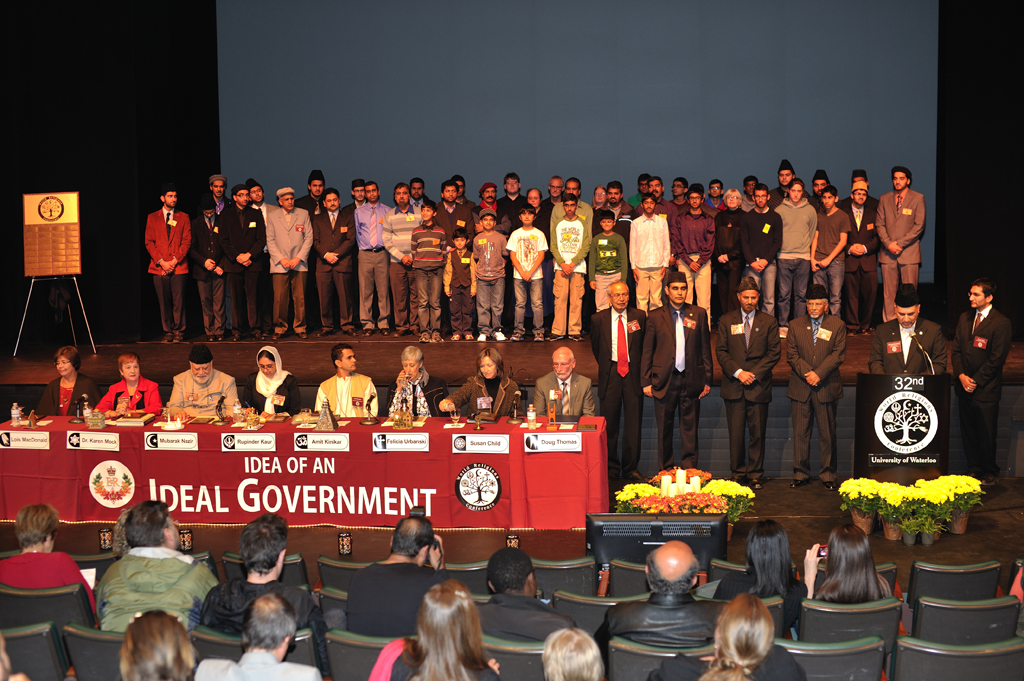
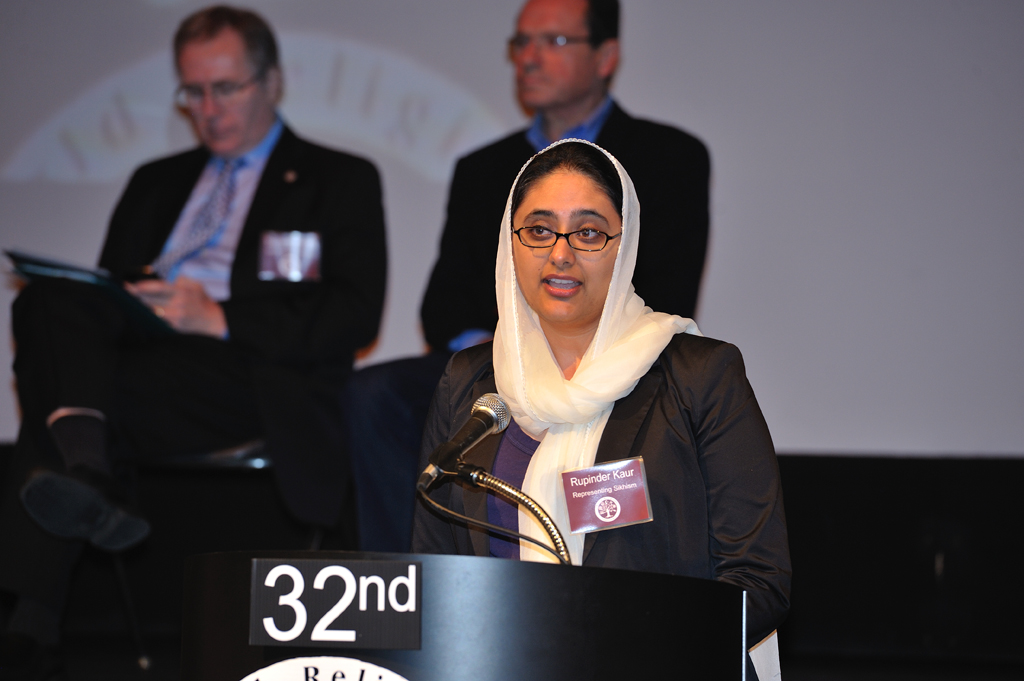
The teachings of any religion guides one through our daily lives – leading us in actions, directing our thoughts, showing us the right path and deterring us away from the wrong. When following our faith, we become an ideal individual. So when faith provides insight on how to govern ourselves – we can extend that argument and make the case that faith also provides us the tools on how to create an ideal government.
For me, my Sikh faith teaches that I am a sovereign, independent individual; however, I make up part of the universal collective. That means, although I may think and act on my own, those thoughts and actions may affect those around me. If they negatively impact on someone else, that means I’m not following the principles of my faith.
Three basic and core rules in the Sikh faith are: kirit karna (work hard and honestly), vand chakna (share your wealth), and naam japna (reflect on the Creator).
These three simple tenets are like the “golden rules” and I’m sure a variation is practiced by many of us, regardless of faith tradition or culture.
In any government, there are political parties that are based on ideals – it forms their values and shapes their aspirations. We vote for a political party or candidate that best reflects our personal beliefs. One ideal we all strive for is fairness and it is a concept all democratic governments try to model themselves
on.
In the grand scheme of things, the ideal government runs smoothly and the management of issues like justice, taxation, even environmental policy could be based on theology.
In the Sikh holy text, the Guru Granth Sahib, the concept of an ideal government is described in the metaphor of a city called “Begumpura” and it defines the epitome of a good city according to Sikhism. The challenge for the good city would be to create a more equitable society with opportunities for all and in which citizens are spiritually greedy rather than materially so. Secondly, in the spirit of selfless service, ordinary citizens would be challenged to work with the less-fortunate, under-privileged or marginalized citizens. Thirdly, urban regeneration should not just be about cleaning streets, building bigger shopping malls and mansions should also reflect on the regeneration of the human spirit with a focus on positive development, sustainability and reducing our negative impact on the environment.
The citizens under an ideal government will play a vital role in its proper functioning and success. However, every successful organization has a skilled and able leadership team and this is no different for a city or government. The Sikh philosophy stresses that leaders should have the qualities of humility and selflessness, they should be servants of the people prepared to work tirelessly for the betterment of society. The Guru Granth Sahib describes the qualities of a leader:
Only he should sit on the throne,
who is worthy of it,
And who has realized the Guru's word and silenced the five desires
(lust, anger, greed, attachment and ego).
Adi Granth, p. 1039
Members of the ideal government must be God-centred people, who strive to maintain the highest moral standards and who wish to carry out their duties, not for ambition, wealth and power, but for a real desire to serve the people and leave the world in a better state than when they found it.
The architecture of a city, its layout and environment shape our thought processes and should be a reflection of the character and spirit of the city and government.
In Sikhism there is a perfect example of how architecture can represent the qualities and ideals of a community and which can be extended to urban planning for the good city. This of course is Harimandar Sahib, or the “Golden Temple” as it is commonly known. It symbolizes a synthesis of styles but ultimately has a style of its own. It represents the eclectic nature of the Sikh faith and the bringing together of people from all faiths under the umbrella of the Oneness of God. A single pathway or bridge leads the worshipper from the entrance gate of the Golden Temple complex to the holy sanctorum of the temple and denotes the connection between worldly and spiritual affairs. The actual shrine is kept at a lower level than the surrounding buildings symbolizing humility, an example to the leadership of a good city. The temple structure stands within a pool of water which gives out the effect of peace, serenity and contemplation, a cue for providing attractive public spaces in a good city.
The temple itself has four entrances signifying that, like a good city, it is open to all without distinction. At the core of the temple is the sacred scripture and its recitation resonates outwards to all who wish to hear.
An ideal government operates to meet the needs of all its citizens. It is not a static or constant model but changes with time, progress and circumstance. For Sikhs, there are key components for an ideal government which will stand the test of time and therefore should be ingrained in the social fabric. The city must be a beacon of truth and justice and incorporate the ideals of equality, diversity and selfless service. Employment opportunities, education and public services from health to transit, must be accessible to all. Most importantly, for Sikhs an ideal government represents a paradigm for the city of
God.
Speaker Profiles
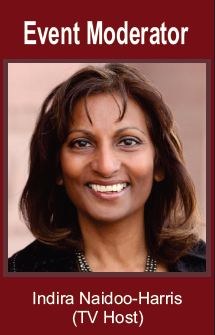 |
Presided and Moderated byIndira Naidoo-Harris
|
|
 |
Representing Aboriginals
|
|
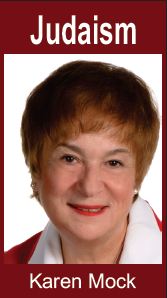 |
Representing Judaism
|
|
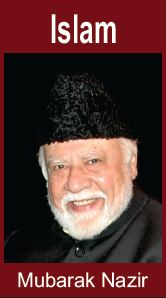 |
Representing Islam
|
|
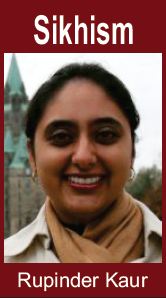 |
Representing Sikhism
|
|
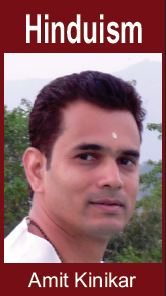 |
Representing Hinduism
|
|
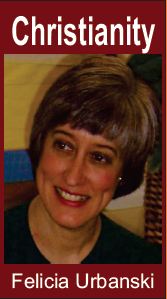 |
Representing Christianity
|
|
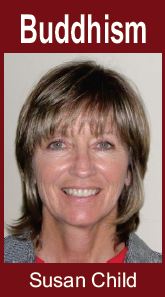 |
Representing Buddhism
|
|
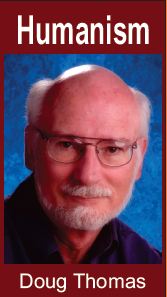 |
Representing Humanism
|
|
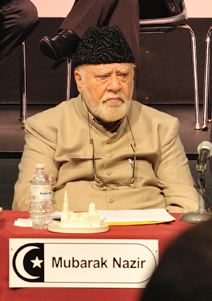
Senior Vice President and Missionary Incharge Ahmadiyya Muslim Jama`at Canada
We are angry and very upset that taking shelter under the notion of ‘Freedom of speech’ some unscrupulous individuals are allowed to ridicule an Apostle of God who is adored by over 2 billion people of the world. We will never take the law into our own hands and our response is that we will hold seminars and symposia to inform the world about the true character of the Holy Prophet Muhammad (Peace be upon him)We are holding a Mega Event at the Roy Thompson Hall in downtown Toronto on November 20, 2012.
Ahmadi Muslims are law-abiding citizens of any country they live in. This, as the Holy Prophet Muhammad said is ‘part of your faith’. In Islam, Monogamy is the general practice while Polygamy is allowed under exceptional circumstances. Circumcision is practiced by Jews also. There is not a single Biblical Prophet who did not practice Polygamy. Genital mutilations of women are a crime and not allowed in Islam. Similarly ‘child marriage’ is not allowed however girls in many countries mature at a much earlier age than in others. If the law of the land does not allow them to practice their faith, then they are allowed to protest peacefully or encouraged to migrate to other lands if opportunity exists. Under no circumstances they are permitted to protest violently.
Women are encouraged to become spiritual leaders. The Holy Prophet said that half of the religion of Islam can be leant from his wife Aisha. His first wife Hadhrat Khatiija (ra) was a business woman. But the primary role of a woman is to take care of her house and her children. The future of the world depends on how well a woman undertakes this role.
Let me take the example of Pakistan. The government of that country directly interferes with the religious practice of Ahmadis. That is why instead of taking the law into our own hands many members have fled to different countries of the world where they are allowed to freely practice Islam.
Homosexuality is forbidden in Islam and in Christianity and Judaism. Islam teaches us to support governments that are capable of governing and are just. The cities of Sodom and Gomorra were destroyed because they practiced homosexuality. We do not want our beautiful country - Canada be destroyed. God forbid!!
Thousands of Prophets have all said that there is One God. He is our Creator – our Sustainer and to Him shall we all return. I personally see God in the creation of this universe.
The God of ALL religions is the same One God. Some call Him Allah or God or Pramatama or Jehovah or Guru. He revealed different scriptures to different Prophets that were suitable for that time and suitable for that age. But when man attained full evolution and means of communication improved, then He revealed the Final and Perfect Teachings to the entire world in the shape of the Holy Quran.
Islam teaches that ‘Right is might’ and NOT ‘Might is right’ as is practiced in the world today. Absolute Justice and Peace of the world are inseparable. Without Justice there can never be Peace in the world. We must practice Justice in our homes – with our wives and with our children – with our employers – with our country. This in my opinion will in the long run create such leaders.
When a Government interferes in Religious affairs – when people are not allowed to profess or practice their Religion of choice then a Muslim is allowed to raise his/her voice. But open rebellion or destruction of property is not allowed under any circumstances. If it is still untenable then you are allowed and encouraged to migrate.
Abortion is allowed when the life of the mother is at risk or the fetus is abnormal or a pregnancy has occurred as a result of incest or rape.
Islam speaks about a Government whose leaders are elected on basis of merit. The trust of Government must be handed over to those who are worthy of that trust. Consultation with the masses is a key ingredient of a good Government. After due consultation, all matters must be decided with Justice to all. Allah says after that ‘Put your trust in Allah’.
The goals of an ideal government must be: Justice – fairness – Right is might – truthfulness – no misinformation or false propaganda - Freedom of Religion – Peace and protection of all especially the poor. If they fail in these obligations don’t vote for them in the next elections.
If abortion is done just for cosmetic purposes then it is murder. Allah says do not kill your children because of poverty. “I provide for you and I will provide for them also”
Canadian Government is one of the best maybe the best Government in the world. They should never allow miscreants or troublemakers to enter this country. Canada should maintain its peaceful stature. Entering or aiding unjust wars tarnishes and harms its image.
Violent revolution is not allowed under any circumstances. You can start a ‘revolution’ at the ballot box. Or if the worst comes to the worst then migrate if possible to a better country.
Yes A good but difficult and embarrassing question! Unfortunately, religious states like many Middle Eastern Muslim states and Pakistan and Israel do not practice true Justice.
All these contradictions are ‘man-made’. They do not emanate from God. Due to the passage of time some of the Revealed Books have been tampered or interpolated. All religions originally emanate from God so their teachings should not differ. That is why our Ahmadiyya Muslim Community is holding such inter-religious symposiums to bring humanity towards unity and towards understanding the One God who is Gracious and ever Merciful.
During the time of the Holy Prophet Muhammad (Peace be on him) and his successors many litigations were made by Jews against Muslims and without hesitation if the Jew was right a verdict was given against a Muslim.
To guide somebody who is lost, the right course should not cause any problem. There must be freedom of choice. The Holy Quran states “There is no compulsion in Religion”. An ideal Government must allow people to choose or change their religion without any hindrance. We are taught a prayer that we prays over 30 times each day i.e. “O Allah Guide us on the right path – the path of those whom You have blessed and not the path of those who have incurred Thy displeasure or those who have gone astray”
Terrorism be it Islamic or Christian or Jewish is obnoxious and detestable. Ahmadi Muslims all over the world are fighting a ‘jihad’ (Holy War) to stop this nuisance wherever and whenever it occurs. The Holy Qur'an speaks about the protection of the Churches and Temples even before it speaks about the protection of Mosques. Unfortunately the Muslims have grievously deviated from the true teachings of Islam. Today, Ahmadiyyat is the guide for all Muslims and infact the whole humankind. Ahmadiyyat is the revival of all faiths. Hence, the institution of Khilafat established in Ahmadiyyat is the the leadership that all Muslims should follow.
We can always agree to disagree. How can a true Muslim even venture to ‘disgrace’ other Holy Books or Holy People. The Holy Quran speaks about the Holy Bible (The Old and New Testament) as “They contain Guidance and Light. Even if someone worships a stone we are not allowed to speak ill of his God.
It fits to a great extent in Canada. Much more than in some so-called ‘Muslim States’